Swelling In Hands And Fingers
What is a Swelling In Hands And Fingers?
Swelling in the hands and fingers is a common medical complaint that can arise from various causes, ranging from benign conditions like minor injuries or fluid retention to more serious underlying health issues such as inflammatory disorders or circulatory problems.
The hands and fingers are essential for daily tasks and mobility, making any swelling in these areas disruptive and potentially concerning.
Understanding the underlying cause of hand and finger swelling is crucial for appropriate management and to address any potential underlying health issues.
Introduction
Medically referred to as hand edema, swelling of the hands and fingers is a frequent condition that can affect one or both hands. The reason the hands and fingers seem swollen and feel constricted is because of an accumulation of fluid in the tissues beneath the skin.
Causes of Swelling In Hands And Fingers
- Hot weather: Your body dilates blood vessels in an attempt to cool itself when the temperature rises, which causes fluid to build up in the extremities like your hands and fingers.
- Excessive salt intake: Salt attracts water to your tissues, which makes your hands and fingers swollen.
- Certain medications: Water retention is a side effect of several medications, such as steroids and blood pressure drugs.
- Hormonal changes: Hormonal shifts make pregnant women more susceptible to hand swelling.
- Injury: Your hands and fingers may enlarge as a result of tissue injury from sprains, strains, and fractures that cause inflammation and fluid accumulation.
- Infection: Your hands and fingers may become inflamed and swollen due to bacterial or viral infections, this is frequently accompanied by redness, warmth, and pain.
- Arthritis: Different forms of arthritis, such as osteoarthritis and rheumatoid arthritis, can cause stiffness, discomfort, and swelling in the hands and fingers.
- Carpal tunnel syndrome: This disorder results from compression of the median nerve in the wrist, which makes the hand and fingers swollen, painful, numb, and tingly.
- Allergic reactions: Food, drug, or insect bite allergies can all cause an inflammatory response that results in
- Swelling in the hands and fingers as well as other symptoms including rash and itching.
Symptoms Related to Swelling In Hands And Fingers
Visual symptoms:
- Puffiness: Hands and fingers seem notably enlarged and thicker.
- Skin tautness: It may seem as though the skin over the swollen area is taut and strained.
- Shiny skin: Sometimes the accumulation of fluid makes the skin look glossy.
Physical sensations:
- Tightness: It’s possible to have tightness in the fingers and hands.
- Stiffness: The fingers may feel rigid or have limited movement.
- Reduced grip strength: grasping objects firmly is difficult because of the swelling.
- Pain: Depending on the reason, there may be minor to severe pain, especially while moving the affected area.
Additional symptoms:
- Redness: In addition to being swollen, the skin may also seem red if inflammation is the source of the swelling.
- Warmth: To the touch, the enlarged area may seem warm.
- Numbness or tingling: You could occasionally feel tingling or numbness in the afflicted fingers.
- Visible deformity: Severe episodes of swelling may result in hands or fingers obvious deformity.
Risk factors
Lifestyle factors:
- High sodium intake: Excessive consumption of salt can cause fluid retention in the hands and fingers as well as other parts of the body.
- Inactivity:
- Insufficient exercise can exacerbate fluid retention and poor circulation, especially in the limbs.
- Obesity: Being overweight puts more strain on the circulatory system and raises the possibility of edema in the hands and fingers, among other body parts.
- Tight clothing or jewelry: Jewelry and clothing that restricts circulation might exacerbate pre-existing edema.
- Hot weather: As was previously noted, heat can constrict blood vessels, which can result in fluid buildup in the extremities.
- Certain medications: Water retention and swelling are side effects of some drugs, including steroids, hormone therapy, and blood pressure medications.
Medical conditions:
- Heart failure: This illness makes it harder for the heart to pump blood effectively, which causes fluid to accumulate in a variety of tissues, including the hands and fingers.
- Kidney disease: Edema develops when the kidneys are unable to adequately eliminate waste materials and extra fluid from the body.
- Liver disease: Impaired liver function can lead to edema and fluid retention, much like renal failure.
- Lymphedema: This illness impairs the lymphatic system’s capacity to remove fluid, which causes persistent swelling in particular regions, such as the hands and fingers.
- Arthritis: Rheumatoid arthritis and osteoarthritis are two examples of the several forms of arthritis that can cause swelling and inflammation in the hands and fingers joints.
- Carpal tunnel syndrome: Swelling, pain, and numbness in the hand and fingers can result from compression of the median nerve in the wrist.
- Allergic reactions: Itching and rash are not the only symptoms that can accompany swelling in the hands and fingers caused by allergies to food, drugs, or insect stings.
Individual characteristics:
- Pregnancy: Women who are pregnant may be more prone to fluid retention and edema, notably in the hands and fingers, due to hormonal changes.
- Older age: The body’s capacity to control fluid balance deteriorates with age, raising the possibility of edema.
- Gender: Hand and finger edema is more common in women because of anatomical variations and hormonal swings.
Differential diagnosis
Inflammatory Conditions:
- Rheumatoid Arthritis: This autoimmune condition targets the joints, resulting in symmetrical swelling, stiffness, pain, and inflammation in the hands and fingers.
- Gout: Uric acid crystal deposition causes abrupt, intense pain, redness, and swelling in joints, especially the base of the big toe but also affects hands and fingers.
- Psoriatic Arthritis: It affects joints and is linked to psoriasis. It can cause stiffness, soreness, and swelling, and occasionally it manifests as “sausage fingers.”
- Infectious Arthritis: Inflammation, swelling, redness, and pain in the joints can be brought on by viral or bacterial diseases.
Mechanical Issues:
- Carpal Tunnel Syndrome: Compression of the median nerve in the wrist, resulting in hand and finger swelling, numbness, and tingling.
- Tendinitis: inflammation of the tendons surrounding the wrists and fingers, resulting in soreness, fluid retention, and pain.
- Ganglion Cyst:fluid-filled sacs that are close to tendons or joints; usually harmless, but occasionally they can cause pain and swelling.
Fluid Retention:
- Lymphedema: obstruction of the lymphatic drainage system, which results in persistent hand and arm swelling that is frequently unilateral.
- Heart Failure: Fluid accumulation occurs when the heart pumps less efficiently, and this includes the hands and fingers.
- Kidney Disease: Edema and fluid retention in different body areas can be caused by impaired renal function.
- Liver Disease: Fluid balance can be affected by liver disease, which can cause swelling in the hands and other places.
Other Causes:
- Allergic Reactions: In the hands and fingers, allergies to food, drugs, or insect stings can cause swelling, redness, and itching.
- Injury: Inflammation and swelling in the injured area might result from sprains, strains, fractures, or other injuries.
- Pregnancy: Changes in hormones during pregnancy can cause swelling and fluid retention, especially in the hands and fingers.
Diagnosis
Medical History: This entails talking about your previous and present health issues, prescription drugs, recent activities, and lifestyle choices. It assists in determining contributing and possible risk factors.
Physical Examination:
Your hands and fingers will be closely examined by the physician, who will note:
- Location and extent of swelling: Is it widespread or restricted to one finger?
- Symmetry: Does it exist in one hand or both?
- Skin: Is the skin warm, red, or sensitive?
- Joints: Are the joints impacted? Is there restricted movement, soreness, or stiffness?
- Lymph nodes: Are there any sore or swollen lymph nodes?
Diagnostic Tests:
- Blood tests: to evaluate liver, kidney, and other functions as well as indicators of inflammation.
- Imaging tests: MRI, ultrasound, or X-ray scans to view soft tissues, joints, and bones.
- Arthrocentesis: extracting fluid from a joint for examination, which aids in identifying different kinds of arthritis.
- Nerve conduction studies: can evaluate nerve function in the event that CTS is suspected.
Treatment of Swelling In Hands And Fingers
R.I.C.E. Protocol
- Rest: Avoid activities that could make the swelling worse.
- Ice: To assist reduce inflammation, apply cloth-wrapped cold packs to the swollen area several times a day for 15 to 20 minutes at a time.
- Compression: To lessen swelling, apply a compression bandage or wrap.
- Elevation: To encourage drainage and lessen swelling, keep the hand and fingers elevated above the level of the heart.
Pain Management
Acetaminophen or ibuprofen, two over-the-counter pain medications, can help control pain as well as inflammation.
Localized relief may be obtained with topical analgesic gels or lotions.
Massage and Gentle Movement
Exercises that increase the range of motion and decrease edema can help enhance circulation.
Don’t apply too much pressure or force to the swollen areas.
Warm Water Soaks
Improving circulation and reducing swelling can be achieved by soaking the hand and fingers in warm water infused with Epsom salts.
Splinting
Wearing a brace or splint can assist in stabilizing the hand after an accident or inflammation by limiting movement and reducing swelling.
Hydration and Nutrition
Reducing water retention and reducing swelling can be achieved by eating a balanced diet full of fruits, vegetables, and low-sodium foods and staying hydrated.
Physical therapy
Pain can be lessened and range of motion can be enhanced with physical therapy.
Surgery
In certain instances, treating the underlying cause of the swelling may require surgery.
Prevention
General Preventive Measures:
- Reduce salt intake: Overeating in salt can cause fluid retention, which exacerbates swelling. Aim for a healthy intake of fewer than 2,300 mg of salt per day.
- Increase potassium intake: Potassium can aid in lowering fluid retention and balancing out sodium. Eat a diet high in foods high in potassium, such as leafy greens, avocados, and bananas.
- Elevate your hands periodically: Raise your hands above your heart for 15 to 20 minutes at a time when seated or lying down. This facilitates the removal of extra fluid.
- Maintain a healthy weight: Being overweight raises the possibility of swelling and fluid retention.
- Exercise regularly: Exercise may help reduce edema by enhancing lymphatic drainage and circulation. Select pursuits that won’t overly tax your hands and fingers.
- Avoid tight clothing and accessories: Jewelry and tight clothing can impede circulation and make swelling worse.
- To prevent constriction, wear loose-fitting clothing and cinch bracelets or watches.
Conclusion
There are several benign and medically necessary reasons for hand and finger swelling. For an accurate diagnosis and course of treatment, always consult a physician. Never disregard chronic pain, swelling, or other worrisome symptoms. Recall that better results are generally achieved with early intervention.
worrisome symptoms. Recall that better results are generally achieved with early intervention.
FAQ
What causes swollen hands and fingers?
The hands may expand as a result of the blood vessels widening in an attempt to improve blood flow. Long-term exercise causes the blood to flow more toward the skin in an attempt to disperse heat and cool the body; however, this increased blood flow also unintentionally causes swelling in the fingers.
Is it normal for fingers to swell?
Workout and Heat
Your fingers enlarge as a result of the little blood vessels expanding in response to this change. When the temperature gets heated, your body goes through a similar process. Your skin’s blood vessels enlarge to release heat when you cool down. This is a typical occurrence.
How long do swollen fingers last?
There may be some swelling that lasts for a few weeks. After a few weeks, the swelling should go down, but depending on how serious the damage was, it might not go away. Your finger may even feel less painful and more mobile even though it is still swollen.
Does swollen hands mean heart problems?
When your heart weakens and eventually is unable to pump blood as it should, you have heart failure. Swelling is one of the obvious symptoms of heart failure, especially if it affects the hands, ankles, and feet.
What foods reduce swelling in the hands?
foods that reduce inflammation: tomatoes, and olive oil.
green leafy vegetables—collards, kale, and spinach, for example.
nuts such as walnuts and almonds.
fatty fish, such as sardines, and tuna.
fruits including oranges, cherries, blueberries, and strawberries.

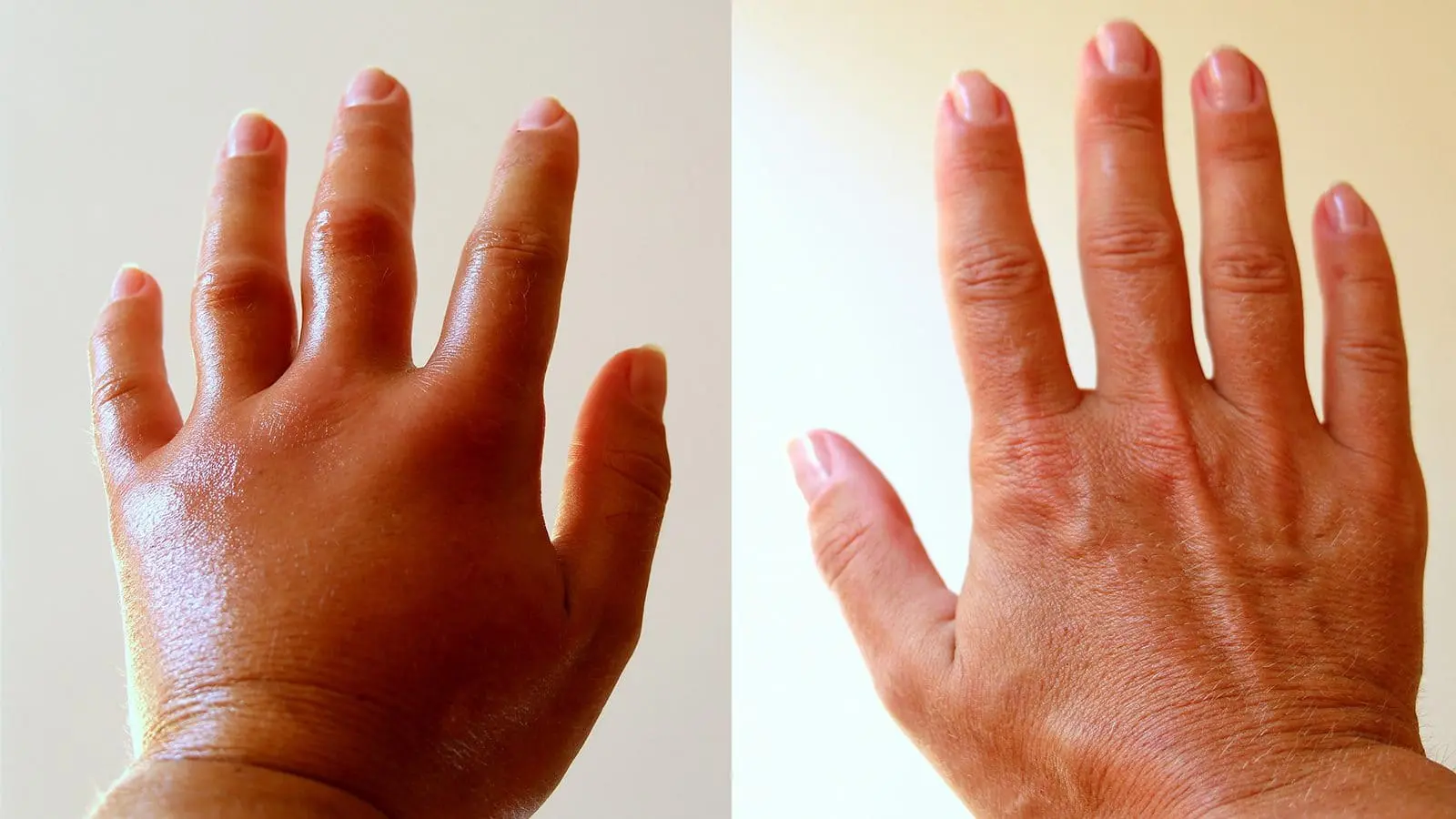

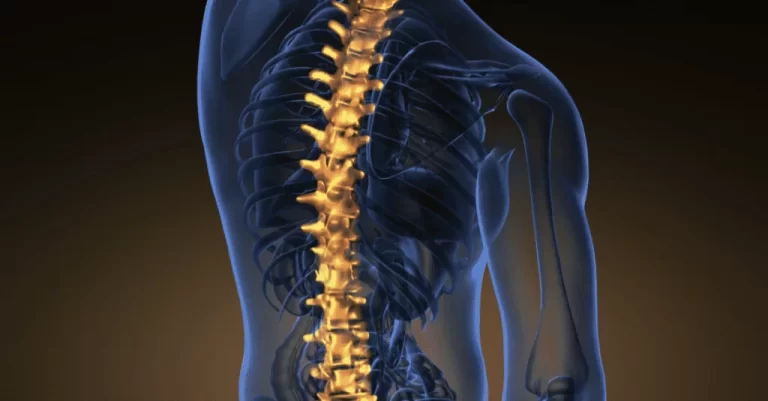
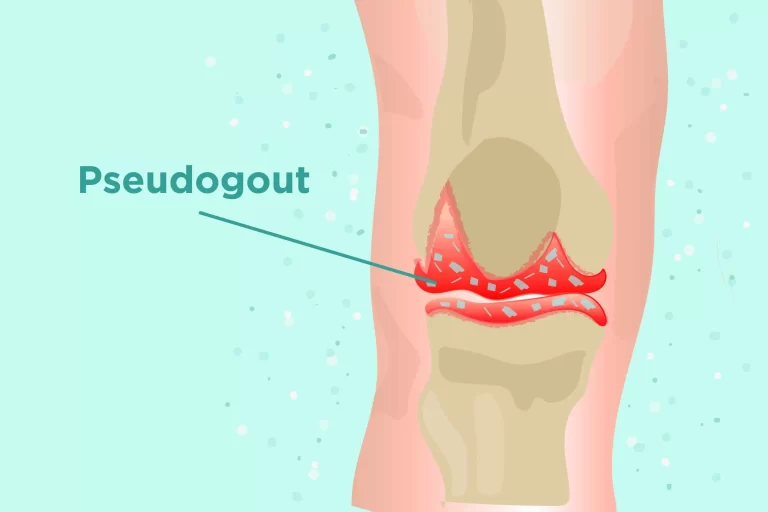
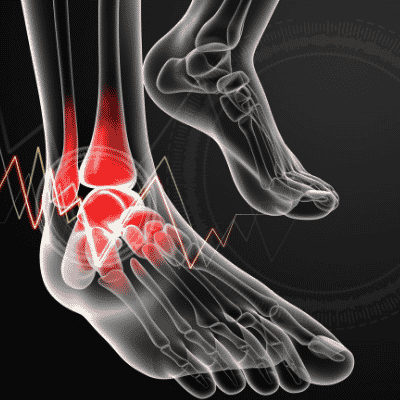
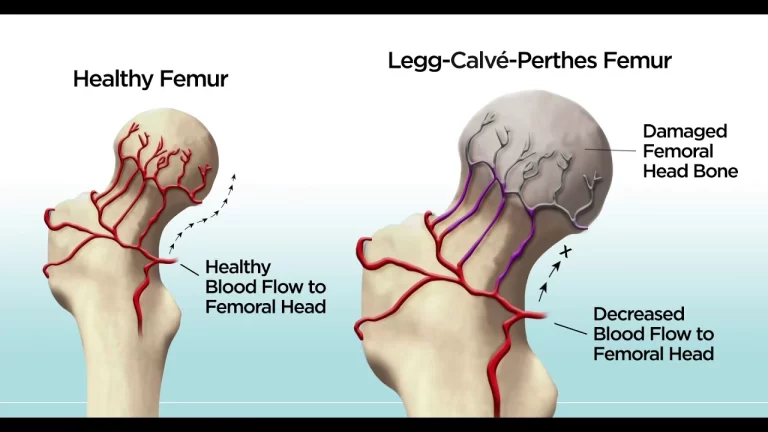
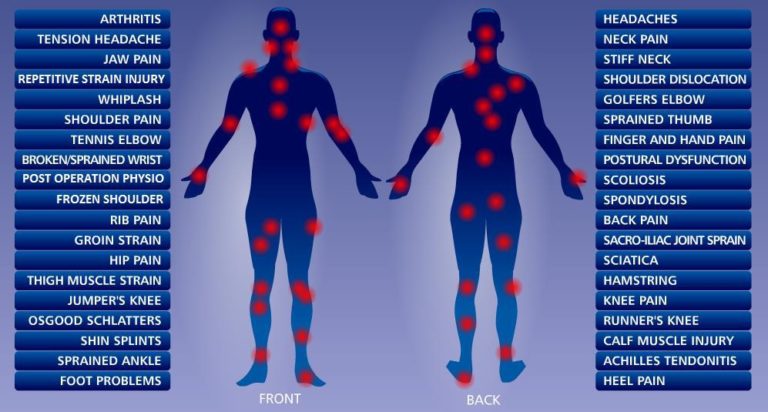
One Comment